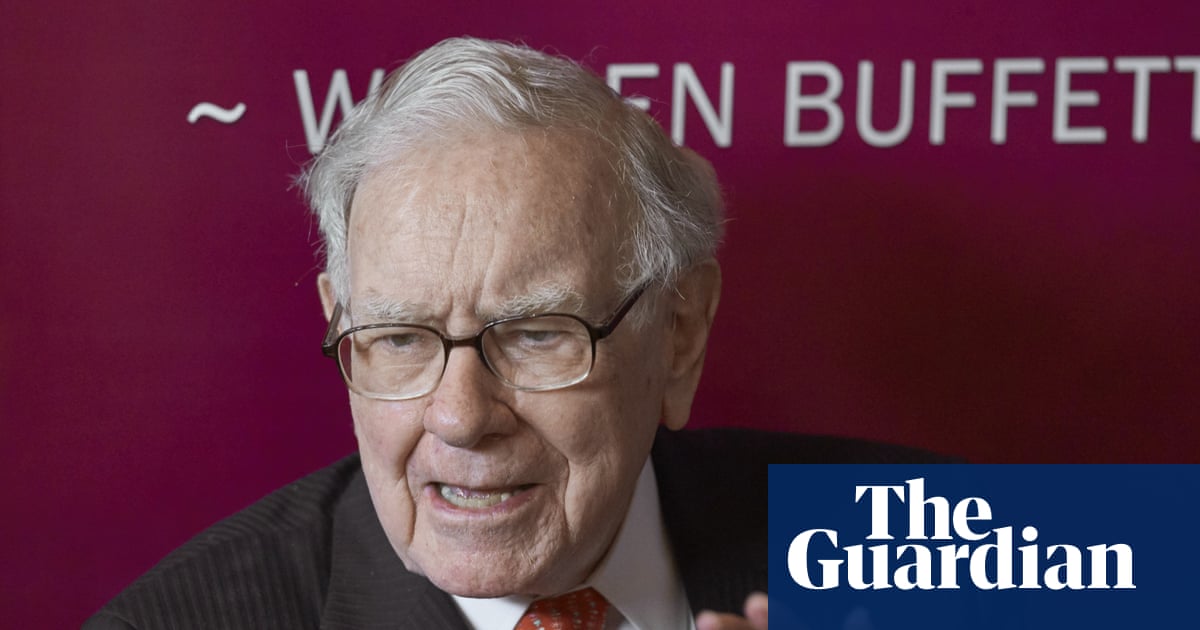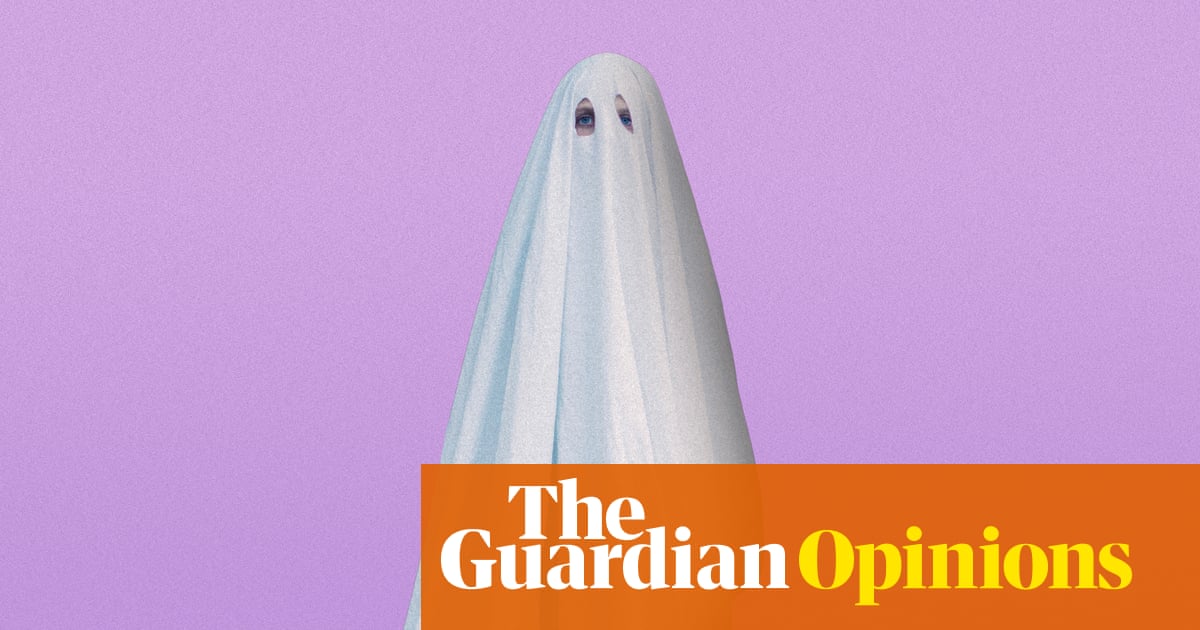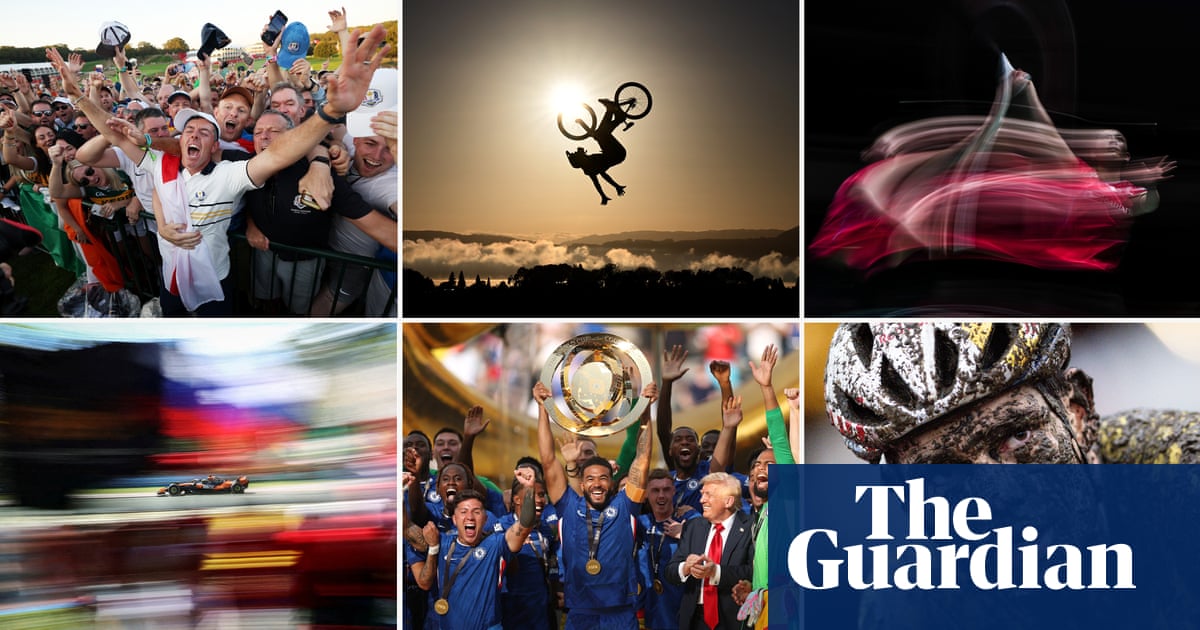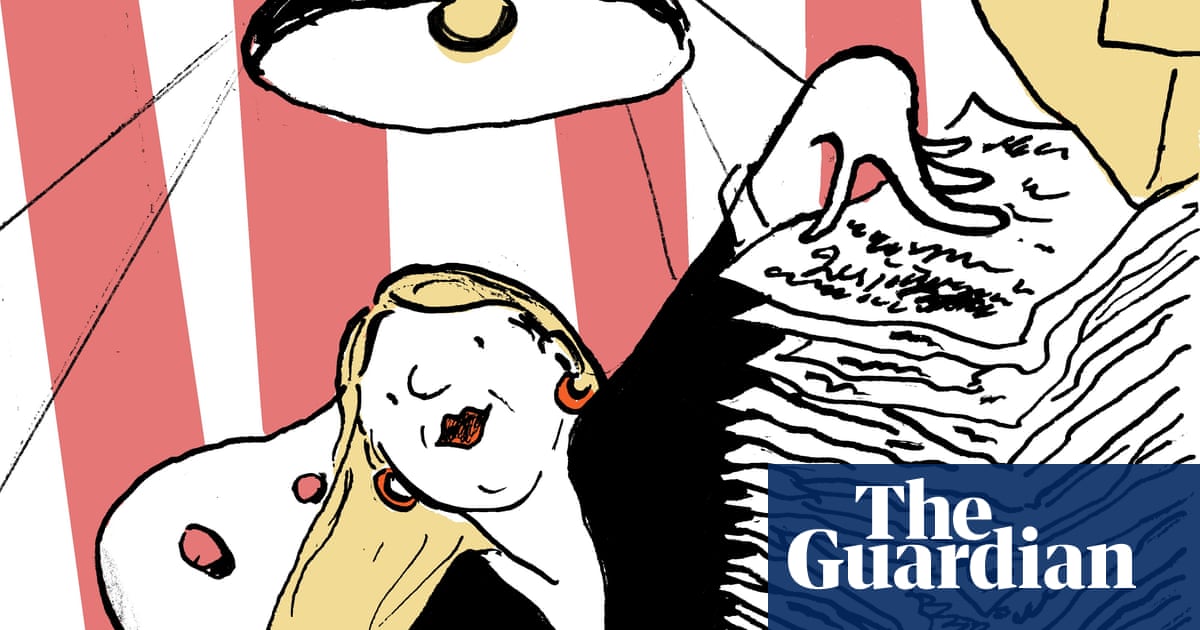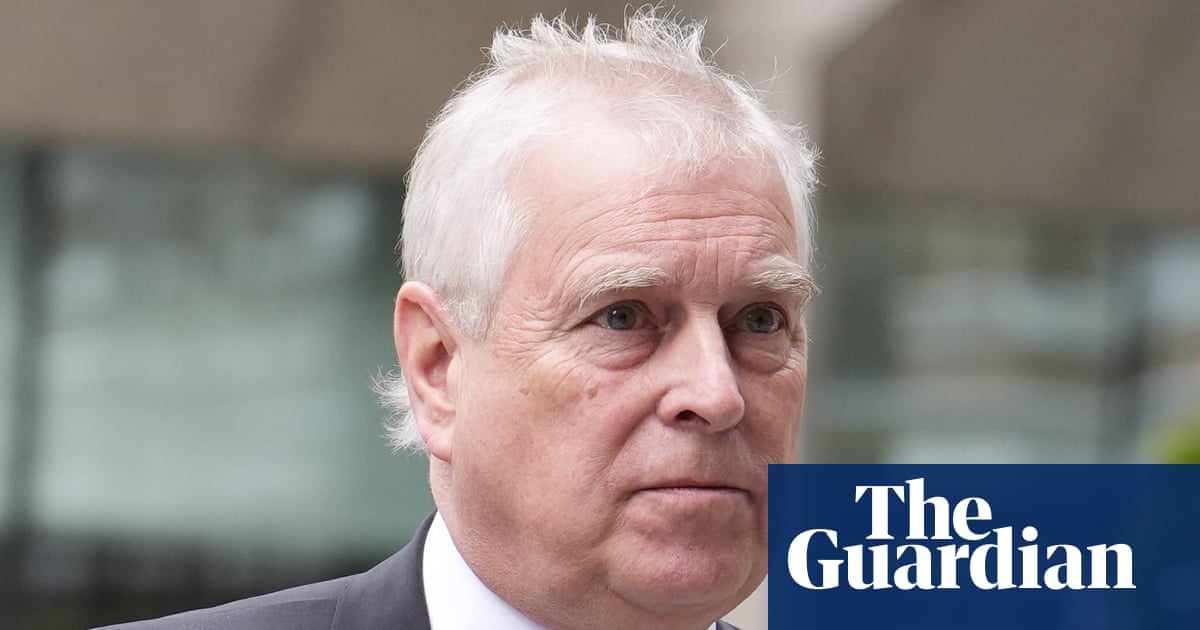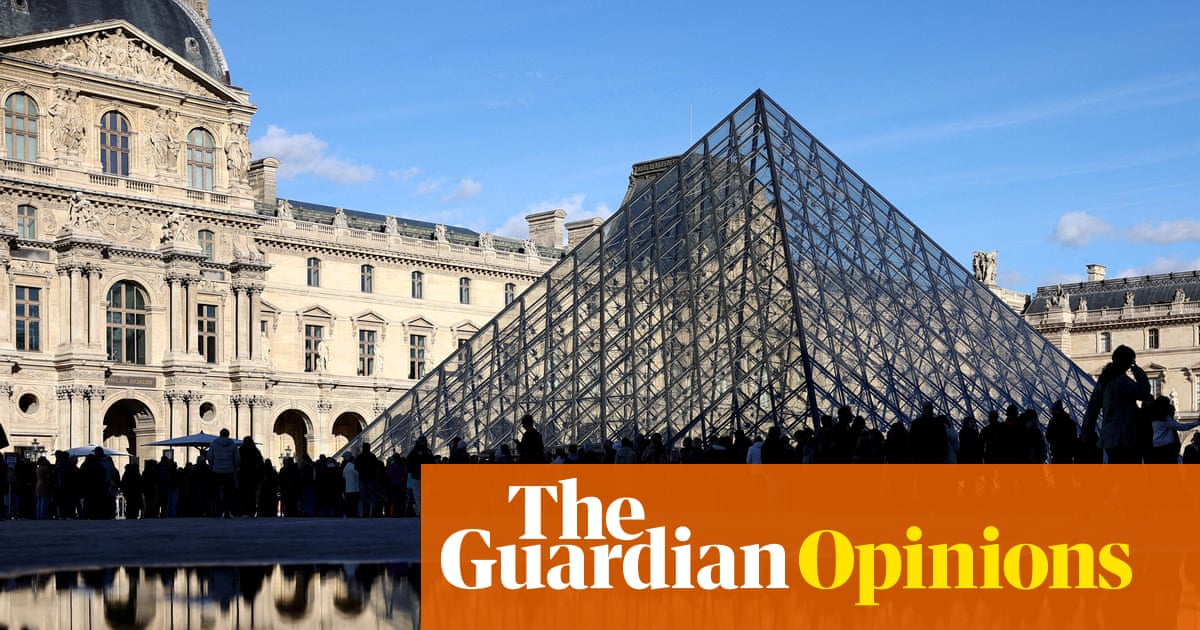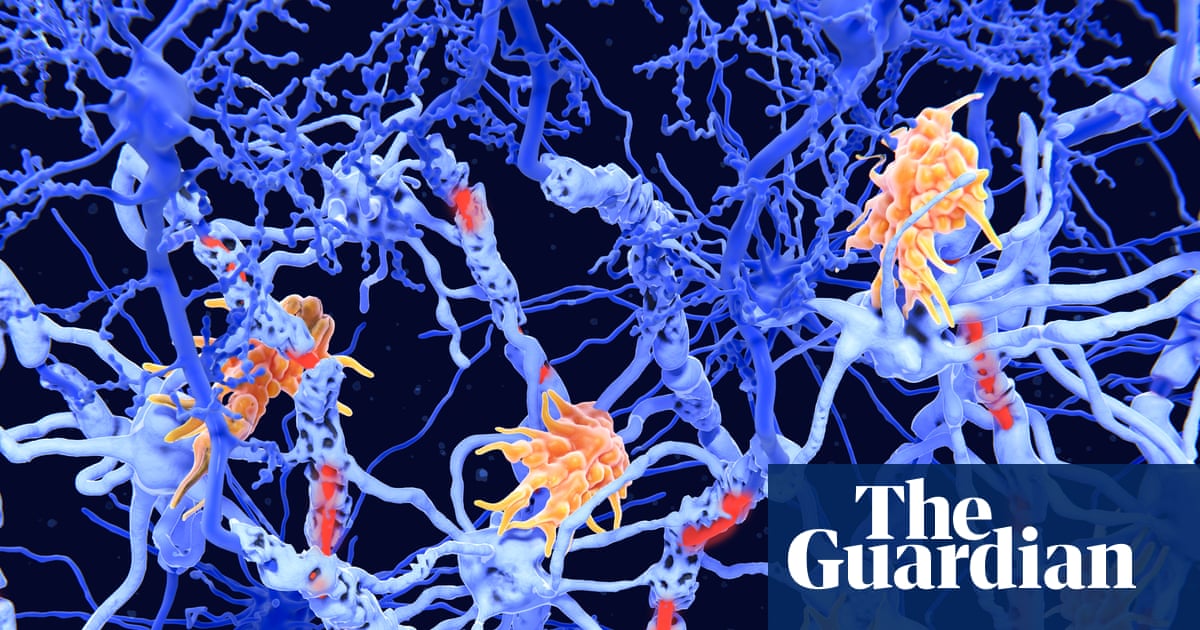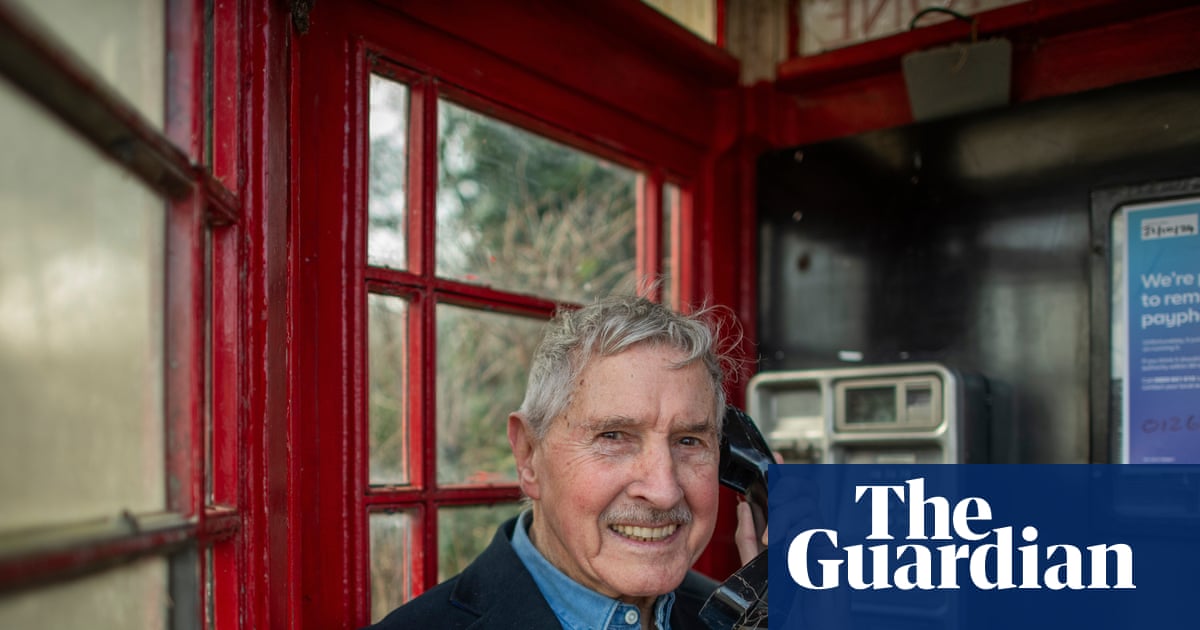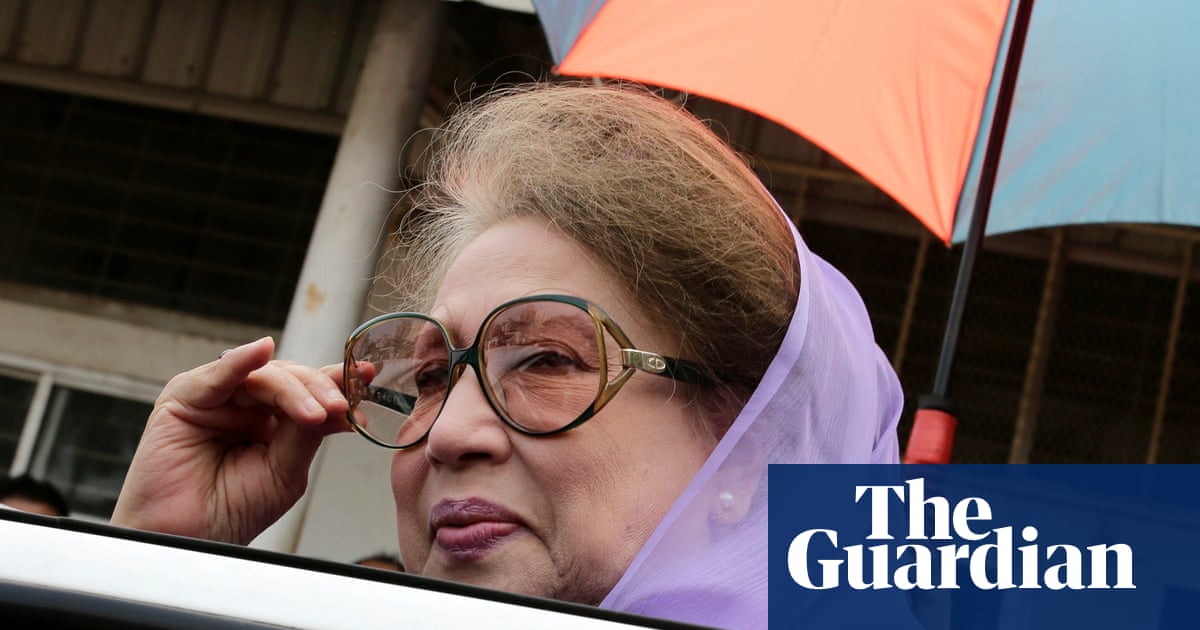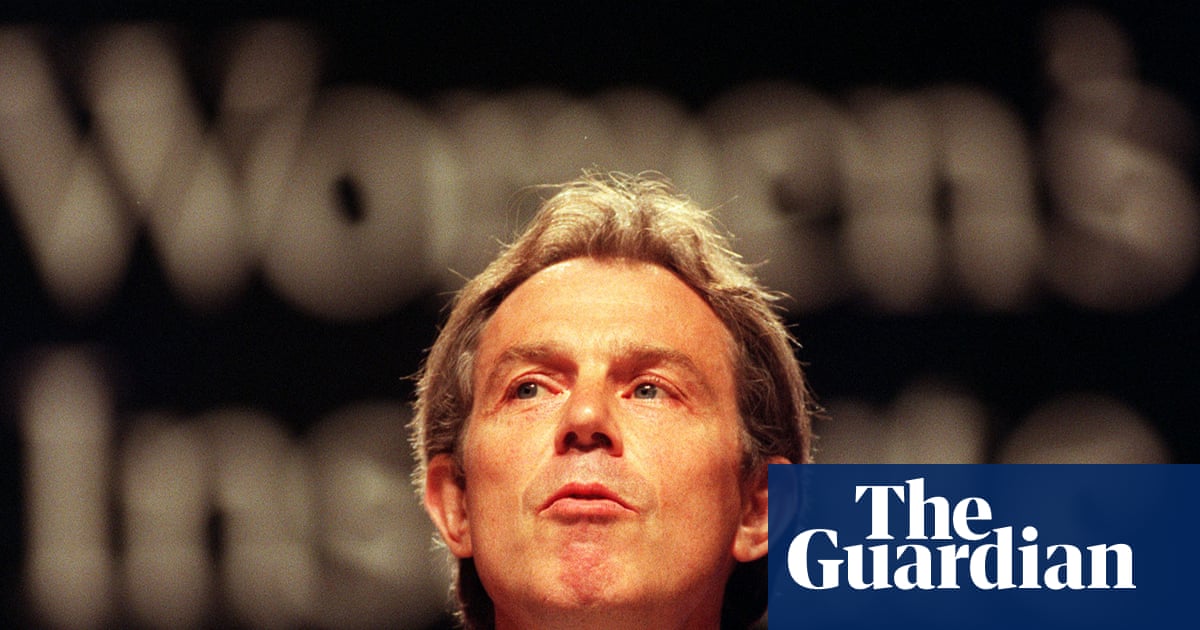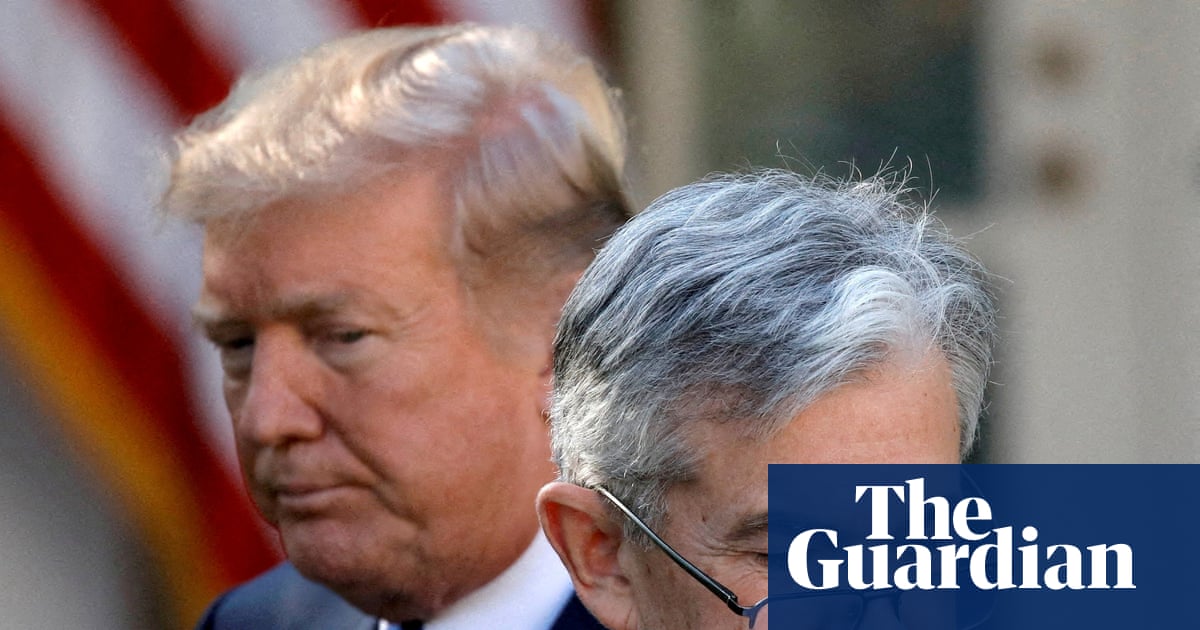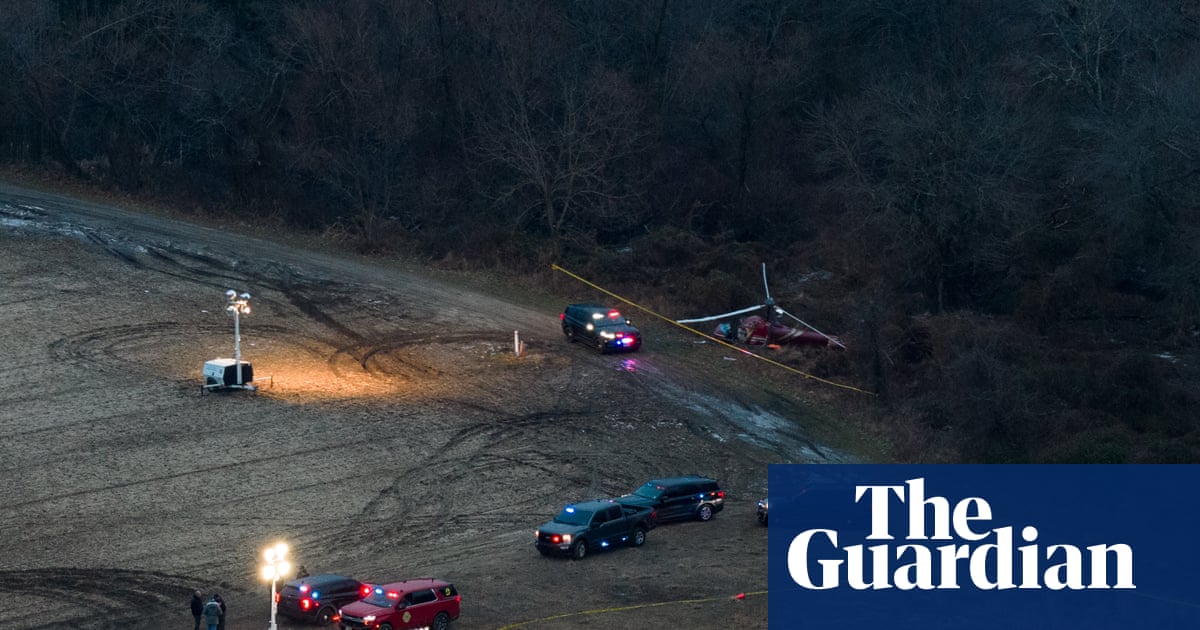In 1998, the year The Parent Trap was released, I was six. My mum and I had recently moved out of a one-bedroom council flat into a Victorian terrace house in London; my half-sister had just been born, and I was training myself to call my stepdad “Dad”.
My life felt as if it had been torn in half, right down the middle – like the photograph of their parents that Hallie and Annie piece together in the film. The 11-year-old identical twins (both played by Lindsay Lohan) reunite at summer camp after being separated at birth, and switch places in their plan to reunite their family. My own biological dad had left for good on my second birthday, moving back to Hungary.
I had pored over photographs in the years since: black-and-white wedding photos where he looked adoringly at my mum, glossy ones of him throwing me in the air. I fantasised about what it would be like to be reunited with this mythical man whom my childish imagination had turned into someone great.
Over the years, I received strange gifts from him on birthdays and long, self-pitying letters. When I got Facebook at 15, these messages flooded my inbox. He uploaded a grainy photo of a dilapidated church with the caption “The conception place of @Olivia.” That was how I found out that I was conceived in a church in Transylvania. Scrolling through Facebook, I also learned he had four other children with three different women.
Despite these warning signs, every time I watched The Parent Trap, I became more determined to reconnect with the part of my identity I lost when he left. Until one day, having just turned 17, I boarded an easyJet flight alone to Budapest.
I don’t know what I’d been expecting, but it was probably something similar to the airport reunion in the film, where the dad picks Annie up and spins her around. Although that would have looked a bit ridiculous, considering I was nearly an adult and the grey-haired man in a straw hat at the arrivals gate had his two-year-old son strapped to his back.
after newsletter promotion
I hadn’t seen him in the flesh for 15 years, but before he’d even said hello, he passed his phone to a stranger and asked them to take a photo of us, immortalising the awkward moment. Our first interaction felt like an uncomfortable performance, and that’s how it continued. On the drive from the airport, we passed a prison where I was told my great-grandfather had been an inmate for malpractice as a gynaecologist, and over the next four days, my father made excuses to go out without me and seemed to enjoy shocking me.
After days of him avoiding me, we set out to visit his mother, whom I hadn’t seen since I was two months old. Although we didn’t have a shared language, this was at least something of the emotional reunion I had hoped for, her tears communicating what her Hungarian words could not.
At the end of the trip, I was anxious to get back to my family: my two sisters who were technically half, but felt full; my stepdad, a father in every way that mattered; and my mum, my only constant. How right they all seemed now.
I have seen my biological father a handful of times since. He has told me he regrets how he behaved on that first visit. But his guilt does little to make up for the disappointment I felt at the time, when I realised this stranger wasn’t the person I had built him up to be. There had been no feeling of coming home, of finding my missing piece. Instead, I discovered something else: that I didn’t need to be reunited with a parent to become whole, because I already had been all along.
Did a cultural moment prompt you to make a major life change? Email us at [email protected]

 3 months ago
48
3 months ago
48
